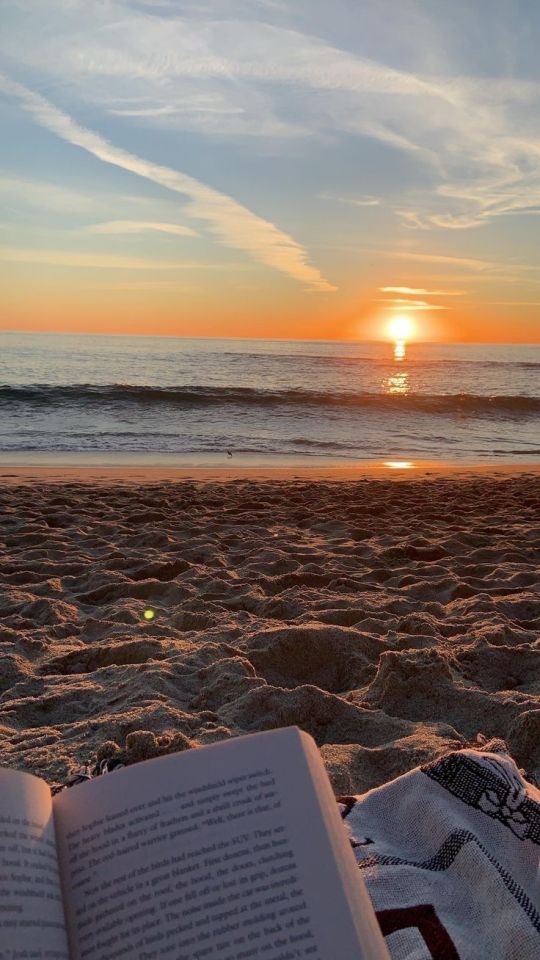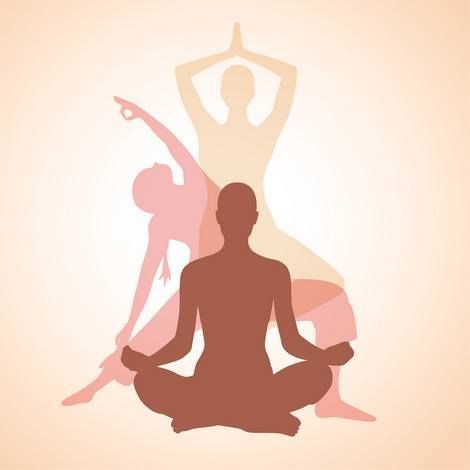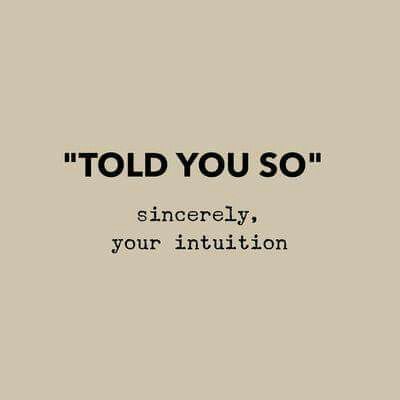Ways To Create Things To Look Forward To Right Now
Ways to Create Things to Look Forward to Right Now
That will keep you from looking back
1. Put upcoming TV, movie, and book releases on your calendar.
2. In fact, put any and all things on the calendar
-> Plan fun situations rather than waiting for them to happen.
3. Save certain treats or activities for “special” occasions.
4. Make your weekends feel like weekends.
5. Focus on something waaay down the line.
6. Order yourself something special (mindfully).
7. Start a long-term project.
8. Create regular rituals with your friends or family.
9. Get involved with, a parcel or letter exchange program
-> Send emails or letters
10. Practice mindfulness.
More Posts from Nestwik and Others
10 BEST TIME MANAGEMENT SKILLS
BEGIN WITH A CLEAR FOCUS 🚩
MAKE A TASKS LIST 🚩
PRIORITIZE WISELY
MINIMIZE INTERRUPTIONS
STOP MULTITASKING
DON'T PROCRASTINATE
USE A CALENDAR🚩
LEARN TO SAY "NO" 🚩
KEEP A CLOCK IN FRONT OF YOU
KNOW YOUR DEADLINES



Annotating your work
Annotation means writing key information alongside your work. It can help to record your thoughts, keep your development on track and let others know what you have done and why.
Annotations can be added to artwork using a variety of formats:
Writing them next to work produced in a sketchbook
Writing on the back of the work – take care not to spoil the work by doing this
Writing them on separate presentation sheets
Creating a blog - taking photographs of the work at different stages and tagging the images with comments
Posting work on social media and adding comments

“Your whole experience of life is in your mind. Focus on your internal world, not the external world” — Derek Sivers
“Dance like nobody’s watching; Love like you’ve never been hurt. Sing like nobody’s listening; Live like it’s heaven on earth.”
love it >>>>>>>
𝐬𝐭𝐮𝐝𝐲 𝐭𝐞𝐜𝐡𝐧𝐢𝐪𝐮𝐞𝐬
Use two notebooks when taking class notes (one for in class and one for at home) the one for class, make it messy with footnotes and subtext. the one at home, make it neat (these are the ones to study off of; easy to read and short)
Quizlets or kahoots
Write down your plans for the week
Put effort in your projects (trust me, it’s worth the time)
Make school life feel cliche and try to romanticize things (it works)
When you’re studying, rewrite your notes to match your own words
Relate the information to yourself and your life. If you have chalk, draw math formulas on pavement, match your physics to life situations, randomly say history facts when relevant
Study in shorter intervals and take a decent amount of breaks (ie, 30 minutes spent studying with a 15 minute break; don’t go on the internet during that break)
Have a routine. study for a period of time in the morning or study before bed (do this every day; even on the weekends)
Stay hydrated; drink water or tea (not to much coffee)
LIFE ADVICE: ...



1)not to be dependent on people's opinions about me
2)do not judge people only by their appearance
3)not to ideals and not to look at the world through "rose-colored glasses"
4)not be dependent
5)do not sacrifice your interests for the sake of others



6)not to have small and narrow views on unpreparedness, to look for different exits and ways
7)not to impose will and opinion on others
8)not to be too focused on clean lines
9)share knowledge and development
10) doesn't argue much



11) do not close in yourself
12)get information in different ways
13)to retain emotional stability and wise composure
14)be patient
15)be constant, strong and free



16)don't be afraid to take risks, feel easy and free
17)self-realization and learning something new
18)read aloud and practice self-expression
Conclusion
While you are leaning things you need to think about them and examine them from many sides. By connecting them in many ways with what you already know…. you can later retrieve them in unusual situations. It took me a long time to realize that each time I learned something I should put “hooks” on it. This is another face of the extra effort, the studying more deeply, the going the extra mile, that seems to be characteristic of great scientists.
❤️(❁´◡`❁)
what i read in feb. 2023:
(previous editions) bold = favourite
class, race, & labour
what not to wear (and other things no one tells you when you’re a first-generation college graduate)
how ‘the shadow of state abandonment’ fostered then foiled young thug’s ysl (usa)
dutch border police told to stop ethnic profiling
‘one billionaire at a time’: inside the swiss clinics where the super-rich go for rehab
gender, sexuality, & intersectionality
the teacher crush
post-haiyan: lgbtq+ survivors still fight for their legal rights (philippines)
the journalist and the pharma bro
as south korea abolishes its gender ministry, women fight back
politics & current affairs
no tents, no aid, nothing: why syrians feel forgotten
malaysia has become less friendly to myanmar refugees. what hope for them now?
el salvador mega-prison criticised by rights groups welcomes first inmates
the indonesian police’s obsession with tear gas
eliminalia: a reputation laundromat for criminals
culturally significant mexican artefacts seized in australia handed back to mexico
history, culture, & media
how japanese educators used religion to make ideal humans
from mind control to murder? how a deadly fall revealed the cia’s darkest secrets (usa)
crushed.
bto after breakups: a modern singaporean love story
on (not) discovering disability in the world of jane austen
‘revenge-partying’ in strait-laced singapore
portrait of a killer: art class in one of mexico’s most notorious prisons
How to actually learn multiple languages at once?
advice
DO be realistic ✓
DON’T learn loads of new languages from scratch at the same time
DO learn completely different languages…
...OR learn similar languages✓
DON’T rush things✓
DO prioritize and set a timetable✓
DON’T spread yourself too thin
DO differentiate your languages
DON’T isolate your language studies✓
“The greatest happiness is to know the source of unhappiness.” ― Fyodor Dostoyevsky.
12 Awesome Ways to improve your memory
Reduce stress.
Use mnemonic devices.
Repetition.
Visualize.
Read out loud.
Practice regularly.
Spaced repetition.
Get sufficient sleep.
Train your brain.
Get some exercise.
Write it down.
Eat berries.
Drink alcohol in moderation
Practice mindfulness
Try a fish oil supplement
-
 cheezbot liked this · 2 years ago
cheezbot liked this · 2 years ago -
 nestwik reblogged this · 2 years ago
nestwik reblogged this · 2 years ago
